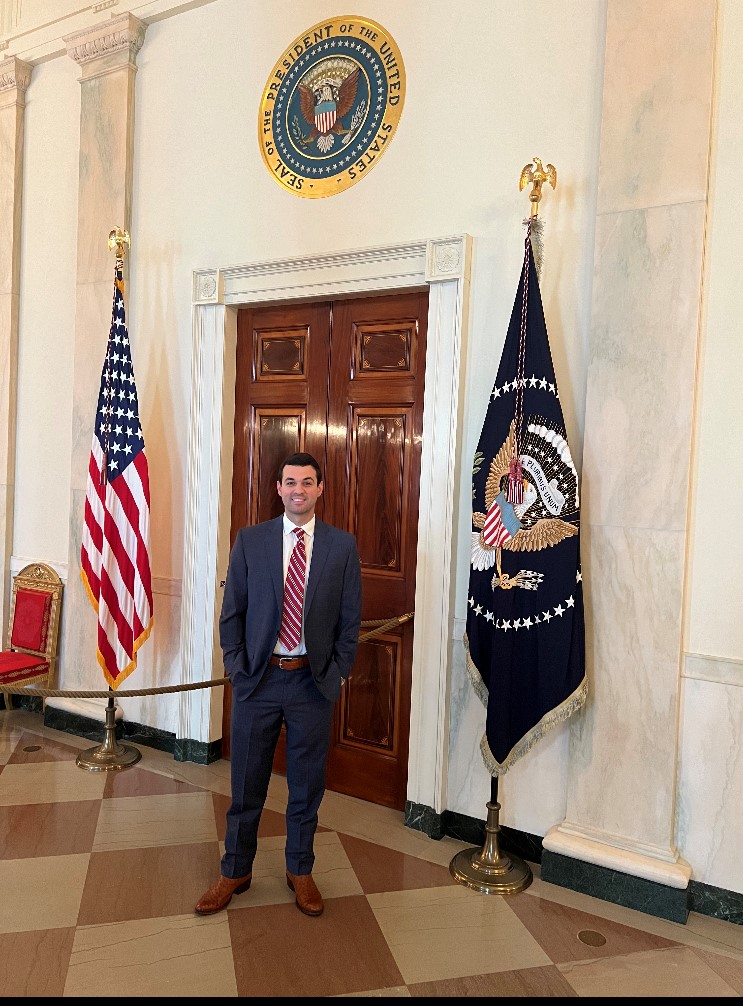Medicare Reimbursement and Inflation: A Perfect Storm That Threatens Medicare Beneficiaries’ Access to Care
The Strengthening Medicare for Patients and Providers Act (H.R. 2474), introduced by Rep. Raul Ruiz, MD (D-CA), and original cosponsors Rep. Ami Bera, MD (D-CA), Rep. Larry Bucshon (R-IN), and Rep. Mariannette Miller-Meeks (R-IA), is a beacon of hope in the current Medicare landscape. This critical piece of legislation, currently under review by the Subcommittee on Health, aims to amend Title XVIII of the Social Security Act to provide a single conversion factor under the Medicare Physician Fee Schedule (PFS) based on the Medicare Economic Index (MEI). It is a significant step towards recognizing the inadequacy of the current Medicare physician payment system and paves the way for both short-term and long-term solutions in reforming Medicare.
This July, the Centers for Medicare and Medicaid Services (CMS) released the proposed 2025 Medicare PFS, which includes 2.8% cut to the conversion factor that follows a trend of cuts to physician reimbursement in recent years. Physicians are not immune to the impact of inflation. The overhead cost of running a practice has skyrocketed by 47% in the past 20 years, while Medicare reimbursement, when adjusted for inflation, has plummeted nearly 30% in the same period. This alarming trend, coupled with CMS' projected increases in the MEI and yet another year of proposed reductions in the Medicare PFS, is placing an unbearable strain on our health care economic environment. The gravity of this situation, which directly affects the health care clinicians the country relies on, cannot be ignored.

In the short term, H.R. 2474 provides a means of updating the annual Medicare PFS to equal the MEI, which is vital in offsetting inflationary costs. However, we must address the provision included in the Omnibus Budget Reconciliation Act of 1989, which mandates any estimated increase of $20 million or more to the Medicare PFS created by upward payment adjustments or the addition of new procedures or services be offset by cuts elsewhere.1 Though Medicare covers slightly less than 20% of the population, CMS policies affecting physician reimbursement impact the entire economic environment of health care as commercial payers often decrease reimbursement as well. CMS' attempt to curb spending poses a potential unintended consequence of decreased access to care for Medicare beneficiaries. Some physicians will be forced to see a higher volume of commercial payers to offset the continued decreased reimbursements by CMS and inflation that threatens the vitality of their practices.
Physicians must advocate for the systemic reform of Medicare to ensure that access to care for all Americans remains unhampered. Solutions targeting waste, fraud and abuse must be highlighted in our efforts to protect the integrity of our profession and patients that depend on Medicare for access to care. Previously identified waste domains by the Institute of Medicine and Berwick and Hackbarth highlight the failure of care delivery, care coordination, overtreatment and low-value care, pricing failure, fraud, abuse, and administrative complexity. The estimated cost of waste in the U.S. health care system ranged from $760 to $935 billion, and the estimated potential cost savings from interventions to reduce waste without including administrative complexity, for which no current studies have been performed, were from $191 to $286 billion2.
Congressional solutions are necessary to prevent the Medicare Trust Fund from becoming insolvent, and continued declining adjustments to the Medicare PFS are not and should not be the sole answer. Without change, the current business model will most certainly have a negative impact, particularly on physicians in private practice and those who care for underserved and rural populations such as those in my home state of Louisiana. With a record number of physicians nearing retirement age and an expected physician shortage of 86,000 by 2036 on top of and additional hit of continued cuts to Medicare reimbursement, access to high-quality cardiovascular care in communities nationwide remains in jeopardy. The time for action is now.
Increasing access to cardiovascular care and establishing sustainable Medicare payment practices will be a hot topic at ACC Legislative Conference 2024, taking place Sept. 29-Oct. 1 in Washington, DC. This three-day event is your opportunity to network with fellow ACC Advocates, many of whom are FITs just like you, learn more about ACC Advocacy's priority issues, and speak directly to your lawmakers on Capitol Hill. Learn more and register today to advocate for your patients and profession.
References
- How Medicare's Budget-Neutrality Rule Is Slanted against Doctors. American Medical Association. Accessed 7 June 2023. https://www.ama-assn.org/practice-management/payment-delivery-models/how-medicare-s-budget-neutrality-rule-slanted-against
- Shrank, William H., et al. Waste in the US Health Care System. J Amer Med Assoc. 2019;322(15):1501-1509.7 Oct. 2019. doi:10.1001/jama.2019.13978
This article was authored by Omar Leonards, MD, a FIT at Louisiana State University Health Sciences Center in New Orleans, LA.
This content was developed independently from the content developed for ACC.org. This content was not reviewed by the American College of Cardiology (ACC) for medical accuracy and the content is provided on an "as is" basis. Inclusion on ACC.org does not constitute a guarantee or endorsement by the ACC and ACC makes no warranty that the content is accurate, complete or error-free. The content is not a substitute for personalized medical advice and is not intended to be used as the sole basis for making individualized medical or health-related decisions. Statements or opinions expressed in this content reflect the views of the authors and do not reflect the official policy of ACC.

